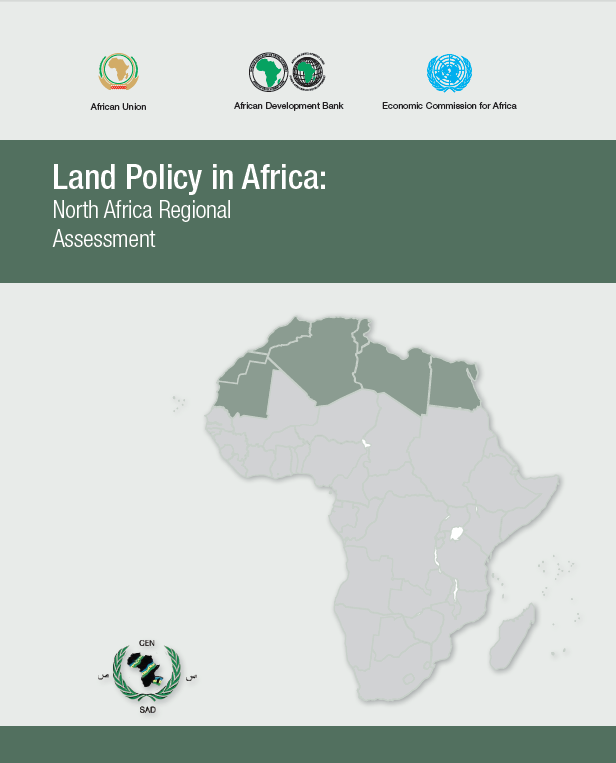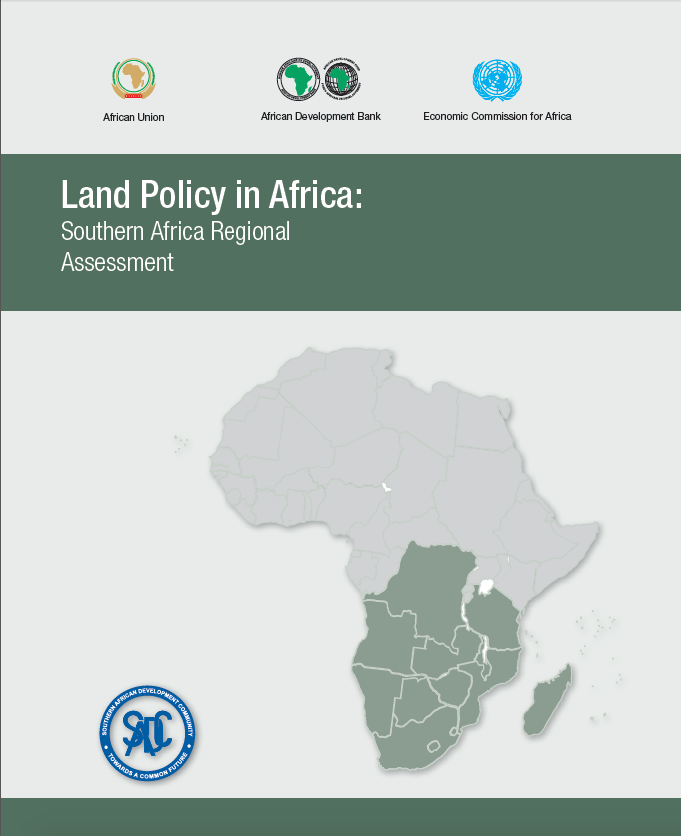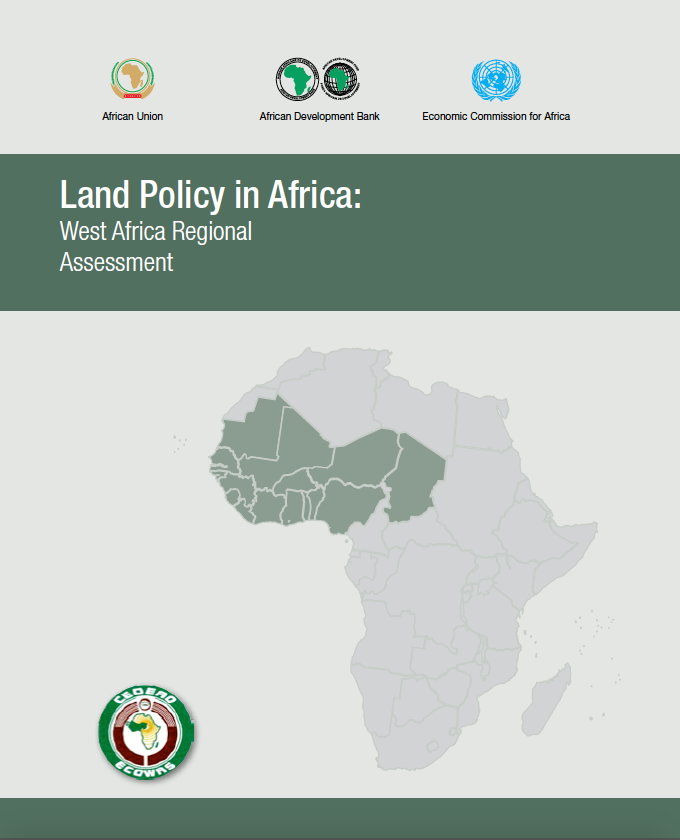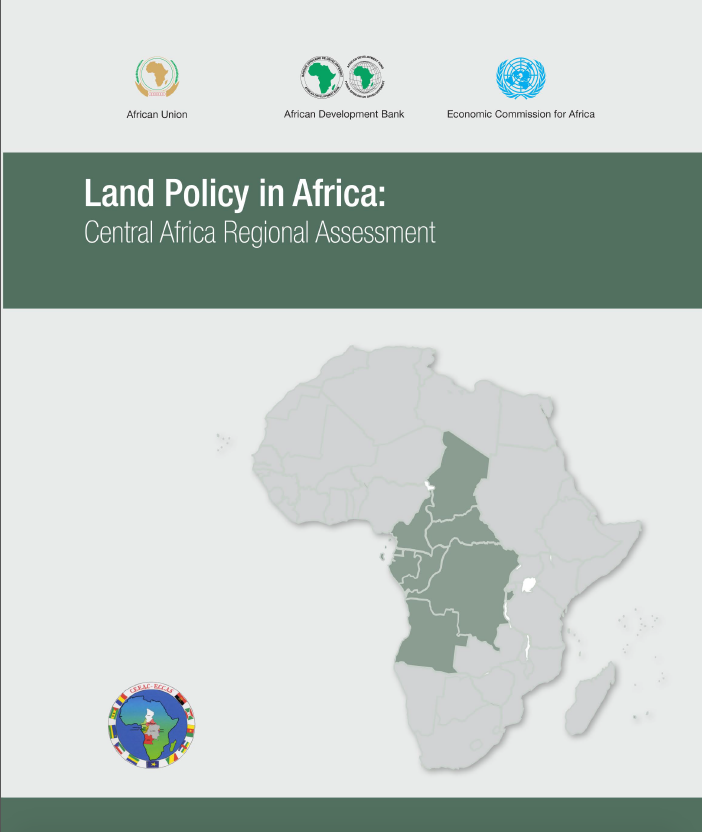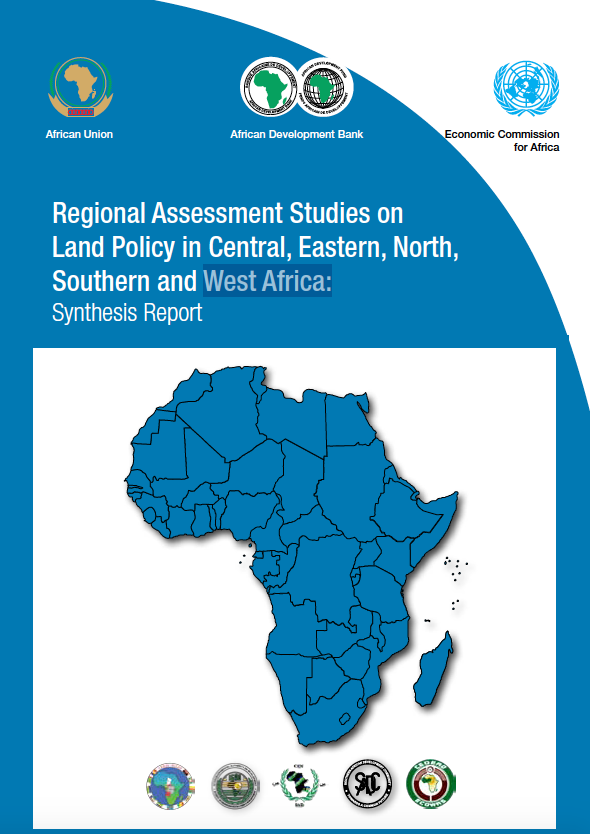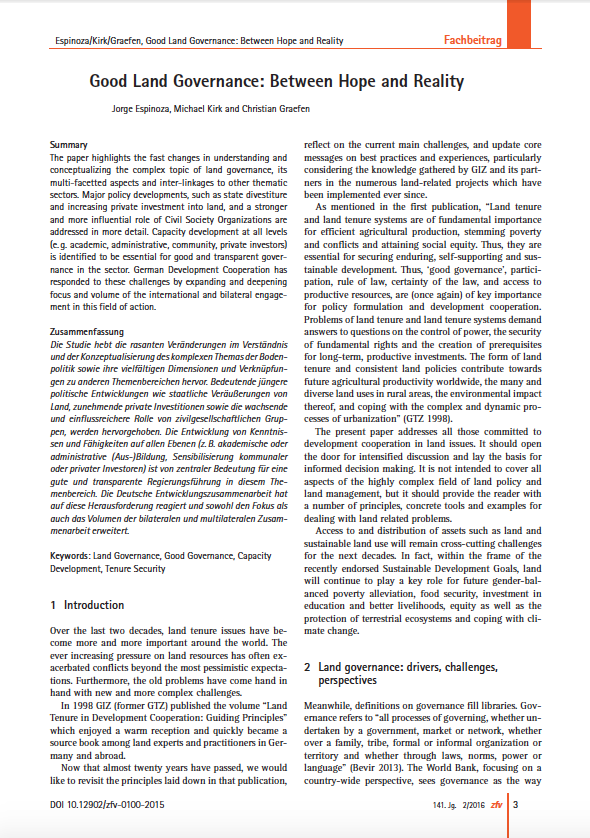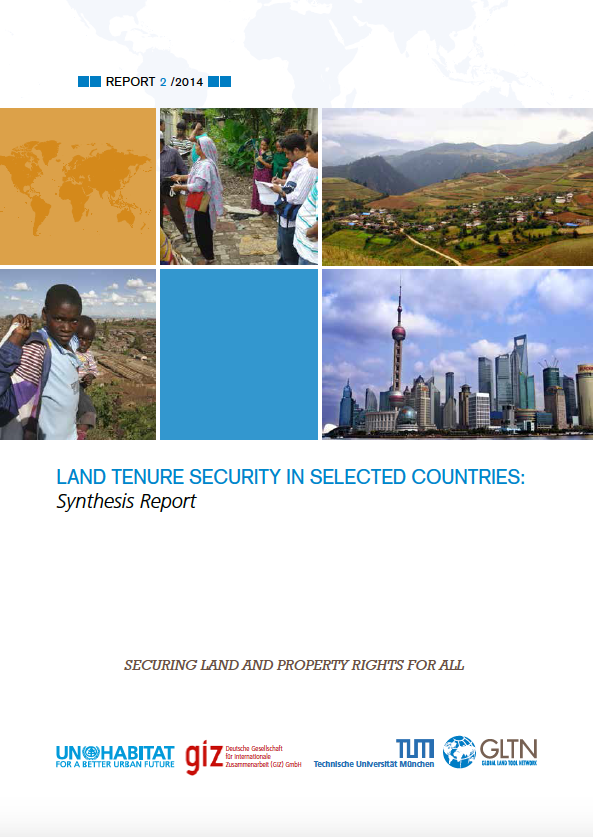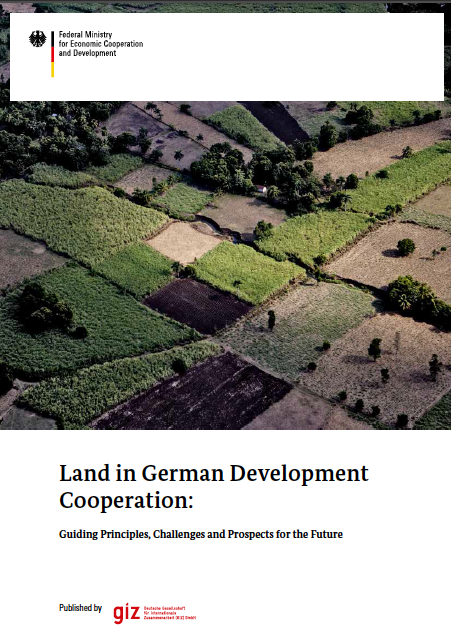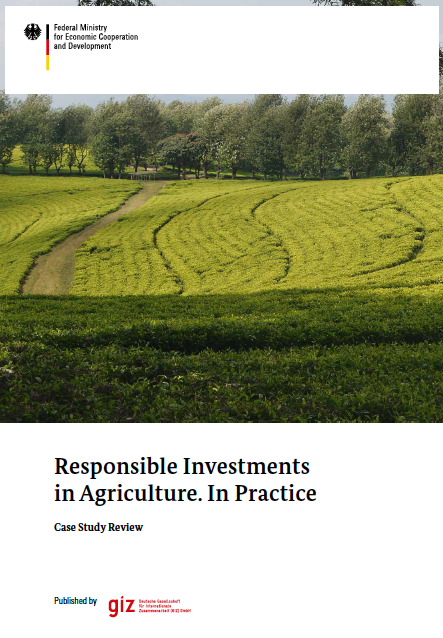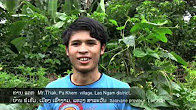Land Policy in Africa: Eastern Africa Regional Assessment
The African Union Commission (AUC) and African Heads of State and Government are committed to providing a conducive environment for economic growth, poverty reduction and equitable sustainable development. In this context, the quality of governance of land and natural resources is an important factor. Accordingly, better performance of land policies and institutions is required to deliver development goals. Land reforms must equitably address the needs of all land users, including smallholder farmers, the private sector, the urban poor and slum dwellers.


